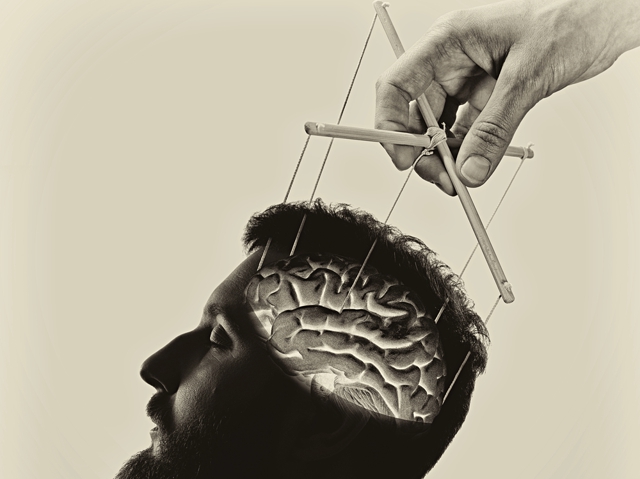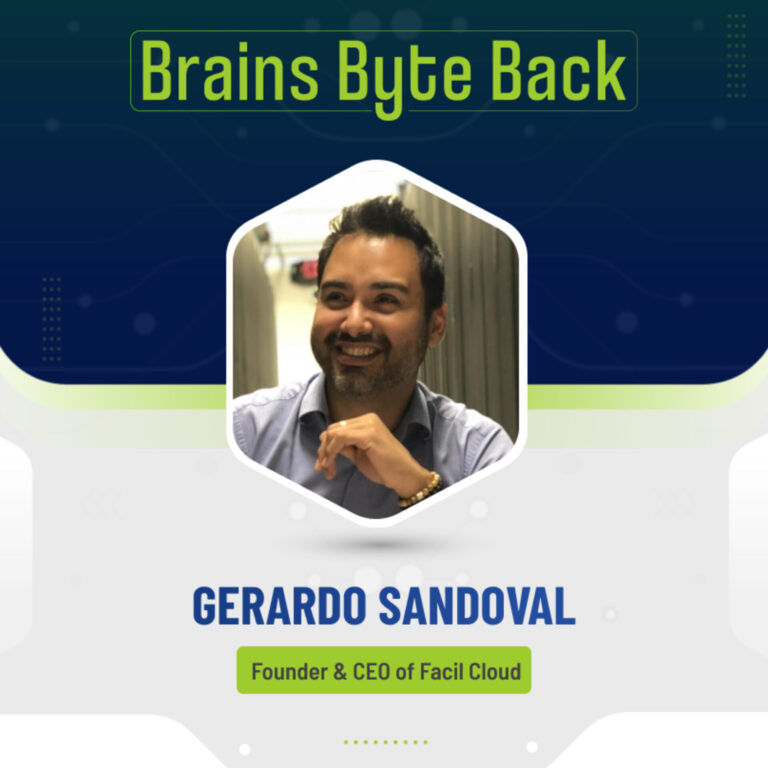Know yourself before the Pavlovian puppet masters of big tech own your beliefs and drive all of your decision-making while you believe you are acting upon free will.
“Until you make the unconscious conscious, it will direct your life and you will call it fate” — Carl Jung
Owning your beliefs doesn’t mean you can’t change your mind. It’s about knowing where your beliefs come from, how they came to be your beliefs, and why.
As part of its public mission to bring the world closer together, big tech has deliberately created a digital, dark infrastructure that preys upon human vulnerability through mass deception, according to Center For Humane Technology president Tristan Harris.
Tech products, culture are ‘designed intentionally for mass deception’: Ex-google ethicist testifies https://t.co/ewkeWBBvxF via @thesociable
— Joe Rogan (@joerogan) January 17, 2020
Just as we create filtered versions of ourselves online through our social media doppelgangers, big tech has created digital voodoo doll avatars in our image that it can prick here, or twist there to predict how we would respond in real life and in the digital realm.
“The truth that is even more scary than ‘they’re listening on the microphone’ is that they don’t have to!” — Tristan Harris
Have you ever been talking to someone about something only to have that exact same thing appear in an online ad or suggested content?
Just the other day I was speaking to a colleague about basketball where I specifically mentioned Karl Malone and John Stockton. The very next day, there was a ‘Stockton-to-Malone’ video suggested for me on Facebook.
While I could’ve sworn that Facebook was listening to me through my computer’s microphone, Harris said in a recent interview that big tech platforms don’t need to listen to your conversations for those suggestions to appear — they already know what will grab your attention because they analyze your online activity.
“Virtually all of Silicon Valley was either DARPA funded or National Science Foundation funded, or university funded” — Dr. Eric Schmidt
“I happen to know the former senior vice president of advertising at Facebook who has assured me — and also the external forensic data shows — they don’t do this! They don’t listen to the microphone,” Harris said in conversation with historian Yuval Harari, along with the New York Times‘ Somini Sengupta.
Tristan added, “This is something called the Baader-Meinhof effect — that we perceive that if two things happen at around the same time, they must be linked — there must be a coincidence.
“How is it, though, that they [Facebook] are able to make that prediction? The truth that is even more scary than ‘they’re listening on the microphone’ is that they don’t have to!
“What they do is they wake up your little avatar voodoo doll, and then they just make predictions about what kinds of things you would be talking about, and the kinds of things that you would be talking about are so predictable, that they actually already knew what you would be talking about.”
“We are no longer mysterious souls; we are hackable animals” — Yuval Harari
Think about that! You are not a unique individual of free will and spontaneous acts — you are a creature of helpless habit that can easily predicted by big tech companies.

As historian Yuval Harari said at the World Economic Forum in Davos last week, “We are no longer mysterious souls; we are hackable animals.”
“To hack human beings you need a lot of biological knowledge, a lot of computing power, and especially a lot of data. If you have enough data about me and enough computing power and biological knowledge, you can hack my body, my brain, my life. You can reach a point where you know me better than I know myself,” he added.
How easy it is for Facebook, and more so YouTube and Netflix to hack you as a human than by suggesting what you see and then controlling the flow of suggestions so it never stops.
It says ‘You liked this, so you’ll love this!” and it repeats. It doesn’t ask if you want to continue. It just keeps bombarding you with content, and your reptilian brain can’t help but respond to the stimuli.
Suggestion is the key concept here. Suggestion is the basis of illusion — the basis of magic and deception. Plant a billion tiny suggestions in someone’s mind and you begin to be able to pull them in any direction you wish.
“This is true knowledge, to seek the Self as the true end of wisdom always. To seek anything else is ignorance.” — Bhagavad Gita
This is why the old Greek aphorism “know thyself” is even more important today. Know thyself now because if you don’t, big tech will, and it will know you better than you know your own self.
Carl Jung once said, “Until you make the unconscious conscious, it will direct your life and you will call it fate.”
It is so much easier to fool someone than it is to convinced them they have been fooled, and big tech banks on that, especially on social media.
Fear of being an outsider, fear of not being validated, and fear of looking stupid has created an entire generation of digital narcissists gaslighting their way through life under a false facade of Facebookian self-flattery.
Big tech already knows your personality traits just by measuring what you click on and the time you spend between clicks with up to 80% accuracy, according to Harris.
We have all been lost in a dark wood. We have known ecstasy, and we have done battle with demons.
And yet for all of our personal triumphs and setbacks — for everything that we think makes us unique as humans — big tech still knows how we will most likely behave and react to certain stimuli because it is cold, calculated, and never forgets.
It doesn’t suffer memory loss.
It can’t experience heartache.
It never sleeps.
Big tech doesn’t have a psyche or a soul to its circuits.
Big tech doesn’t operate on a timescale that we humans operate on. Big tech has become godlike with humans being its sheepish flock.
There is a verse of scripture that illustrates the passage of time, which I think is very relevant to big tech:
“A thousand years in your sight are like a day that has just gone by, or like a watch in the night” — Psalm 90:4
With incredible speed and accuracy, big tech can predict what you will do before you do it — it knows what makes you tick and click — and that makes it all the easier to manipulate you in such subtle ways that you would never believe that you were being manipulated.
Harris said that big tech doesn’t distinguish between what people are interested in and what people can’t help but look at.
We can’t help but look at something grotesque, but it isn’t something we actively seek on a regular basis. We don’t spend our days looking for car crashes, but when we pass by one, we can’t help but look.
That’s just one way big tech pulls on our psyche, and like the Pavlovian puppet masters they are, once they’ve taken hold of your emotional strings, they can play you all the way to the bottle, the pharmacy, or the ballot box.
How’s this for subtle voter suppression, a Facebook post that says, “Voting lines are long today.”
Know thyself. Push yourself. Challenge yourself. Break free from the molds that they have created of you.
“All things are possible. Who you are is limited only by who you think you are” — Egyptian Book of the Dead
Hindu texts are replete with the wisdom of self-knowledge.
Krishna says to Arjuna on the eve of a great battle in the “Bhagavad Gita,” “This is true knowledge, to seek the Self as the true end of wisdom always. To seek anything else is ignorance.”
And the Dakshinamurti Strotra states, “The world is only as real as the image that is seen in the mirror.”
What these quotes have in common is the Hindu concept of Maya — the cosmic illusion. Illusion is what big tech companies promote. Reality is an illusion. It is based on beliefs which are based on perceptions.
Big tech knows that perception creates reality, so what type of reality is it trying to create? What perceptions does it present?
What are its business models? Why does it want everybody on earth connected? Why does it want to collect all of your data? What does it want to do with all of that data?
If all you need to hack a human is biological data and computing power, why does big tech want access to all of your medical records?
What is the end goal?
“Truth decay” has become the new norm. Personalized news feeds give you news you want to hear and connect you with like-minded people — keeping you in a herd-like mentality. They don’t want you to break out and see what’s beyond the fence.
Predictable sheep are easy to control.
The good news is that for all of the computing power of big tech platforms, you still have your intuition. Your 86 billion connected neurons can do things that no computer can do.
You have the power to create. You have the power to own your beliefs. You have the power to see through the illusion.
Don’t lose that power!












